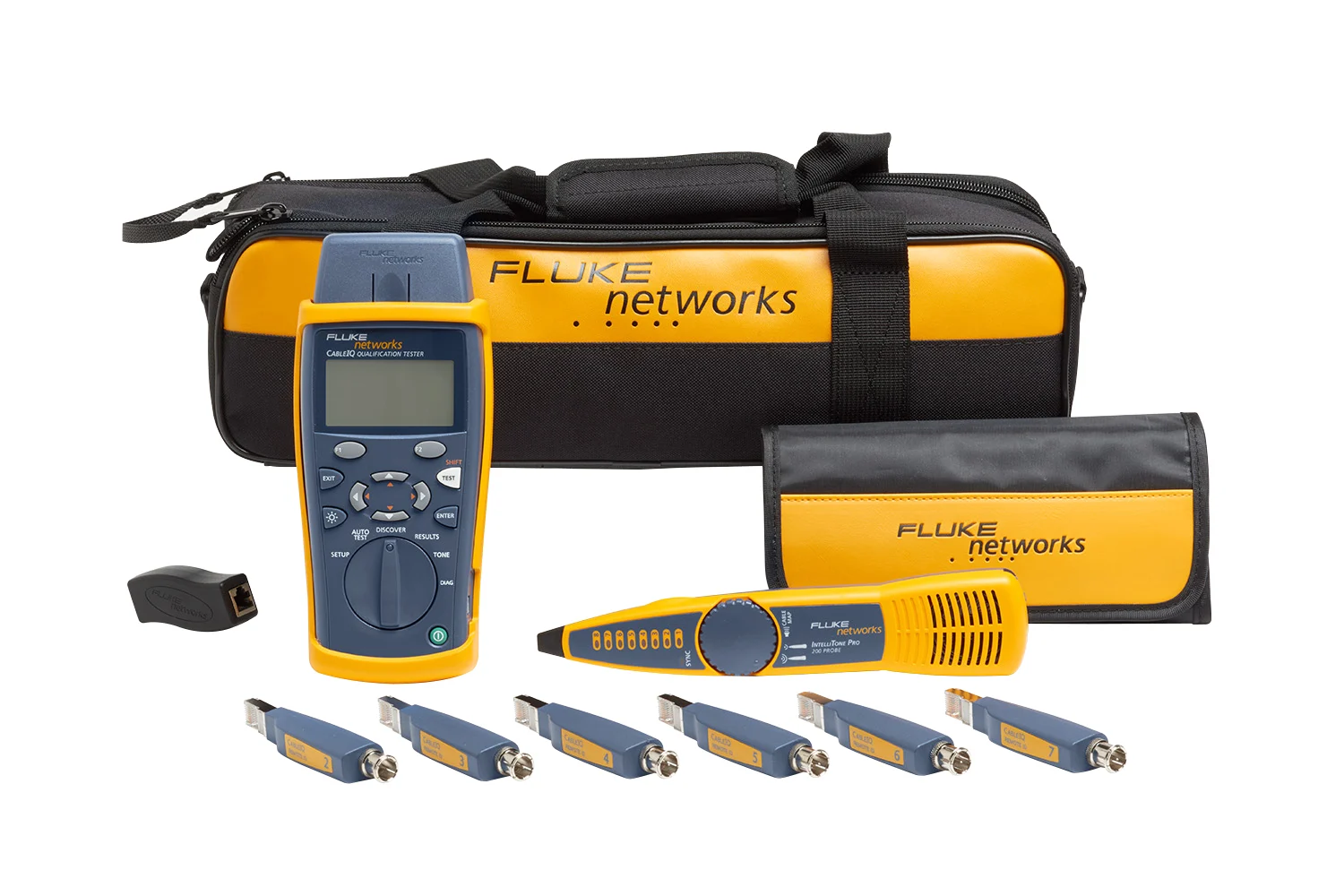Fluke Network Cable Testers Definitive Guide

Fluke network cable testers are a popular choice for testing and troubleshooting Ethernet and other network cabling systems. These testers are designed to verify the integrity and performance of network cables, and can provide detailed information about cable faults and performance issues. Here's a definitive guide to Fluke network cable testers:
Fluke network cable tester types: Network cable testers are available from Fluke in a variety of forms, including portable, modular, and certification testers. Modular testers are made for more complex testing and troubleshooting, whilst handheld testers are made for simpler testing and troubleshooting. Network cabling systems can be thoroughly tested and certified using certification testers.
Important Features: Fluke network cable testers have a number of characteristics, including the capacity to test for length, attenuation, and crosstalk, continuity, and wire maps. They can also retain test data for further analysis and provide complete reports and graphs of the test outcomes. A lot of Fluke testers also include sophisticated capabilities like PoE (Power over Ethernet) testing and TDR (time-domain reflectometry).
Compatibility: Ethernet, Fiber Optic, and Coaxial cables are among the network cabling technologies that Fluke network cable testers are compatible with. Also, they work with a variety of connectors, such as RJ45, RJ11, and BNC.
Ease of use: Fluke network cable testers include simple menus and user interfaces that make them simple to operate. Also, they provide a number of add-ons that facilitate testing and troubleshooting, such as remote units and adapters.
Calibration and maintenance: For accurate test results and optimum performance, Fluke network cable testers need routine calibration and maintenance. For its tests, Fluke offers calibration and repair services, as well as user support and training.

